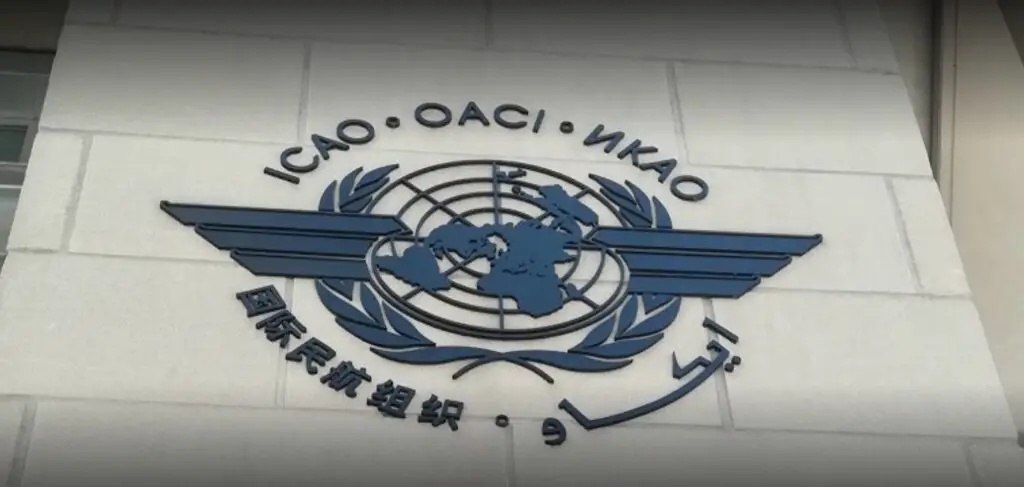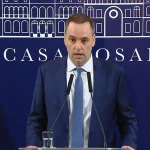Some two thousand ministers and senior government officials representing 167 States, as well as regional and global air transport industry organisations, took part yesterday in the opening of the 41st Assembly of the International Civil Aviation Organization (ICAO), which runs until next 7 October in Montreal, Canada.
Salvatore Sciacchitano, President of the ICAO’s Council, opened the event together with Valerie Plante, Mayor of Montreal, Sylvie Barcelo, Deputy Minister of International Relations and Francophonie of the Province of Quebec, and Mélanie Joly, Minister of Foreign Affairs of Canada.
In his opening remarks, Sciacchitano noted that the UN agency had played “a fundamental role” in supporting the “safe, secure and sustainable development of international air transport”. On the other hand, he said that aviation is a fundamental enabler of “the social, economic, and cultural development of countries through mobility and connectivity”.
ICAO Secretary General Juan Carlos Salazar said the last three years had had a “critical impact” on the aviation industry and said the event should focus on priority areas, such as “the recovery and sustainability of air transport, agreements on carbon dioxide emission reduction goals, and ICAO’s implementation support policy and Transformational Objective to better serve its Member States”.
Reducing emissions
In his address, Sciacchitano urged participating authorities to meet in the coming days in order to discuss the path to net zero emissions. “Mere aspirations are no longer sufficient”, he said.
During the course of the Assembly sessions, it is hoped that a long-term, globally agreed goal that takes into account the latest recommendations from the scientific community on greenhouse gas emissions and climate change will be negotiated, and ideally achieved.
New aircraft technologies, new low-emission propulsion methods and the development of sustainable aviation fuels (SAF) will be discussed.
Post-pandemic recovery
The negotiations in Montreal will also seek to establish strategies and mechanisms for the management of possible future health emergencies on a regional or global scale.
The President of the ICAO Council said that both states and the agency “cannot become complacent about the risk of future pandemics just because this latest one is now waning”.
Since the onset of air mobility restrictions as a result of the public health emergency caused by the COVID-19 pandemic, the airline industry has suffered an impact unprecedented in recent times. In that sense, it makes sense to discuss and negotiate procedures and measures to be implemented in case of facing a similar situation in the future.
Innovation
Other issues to be considered by Member States will be the integration of unmanned aircraft systems into existing airspace, the reopening of tourist air markets and the overcoming of “protectionist constraints” to support the recovery of the industry.
In addition, the implementation of interoperable and ICAO-verified digital travel documents and digital health certificates will be discussed, as well as other issues related to passenger safety and comfort.
See also: ALTA: Latin America leads commercial aviation recovery in the world








